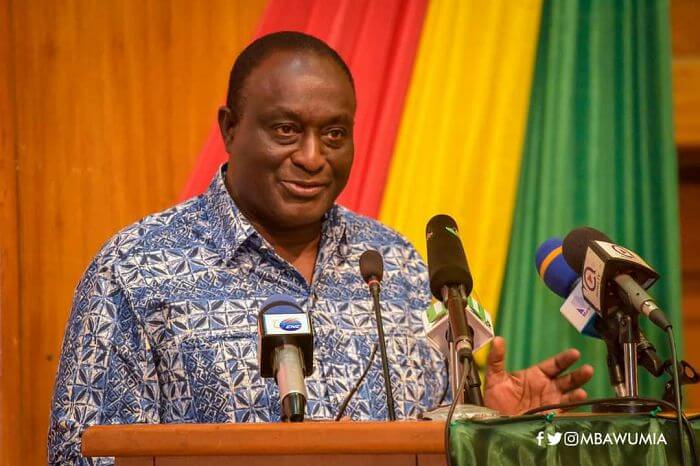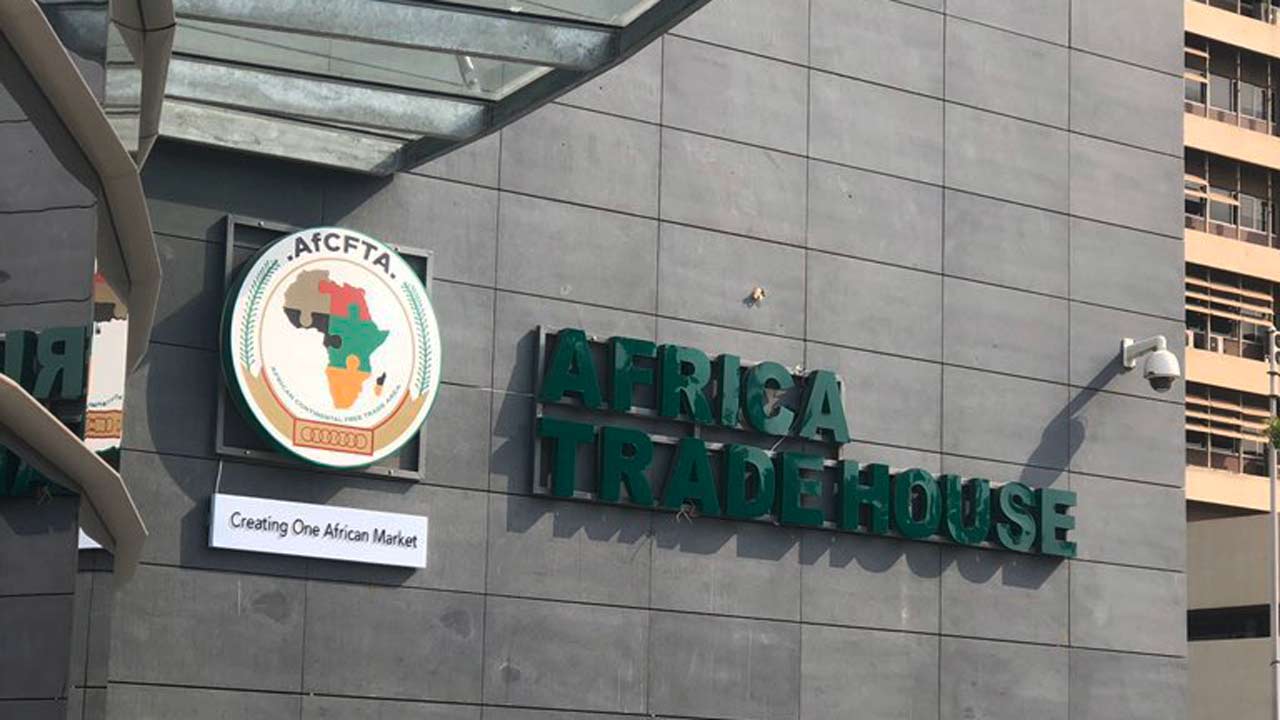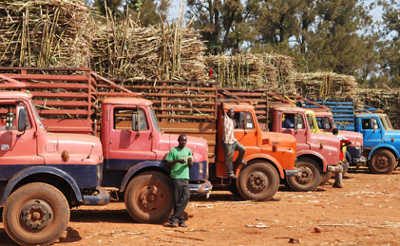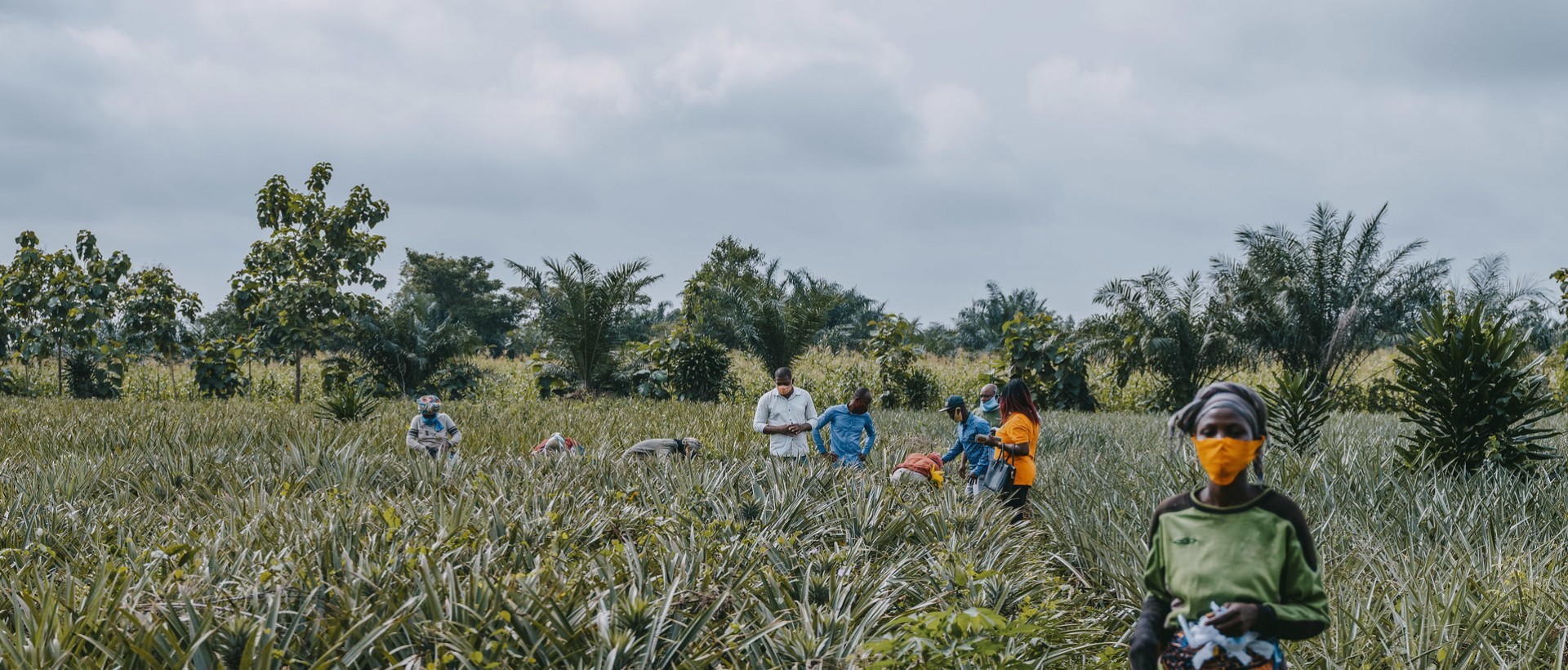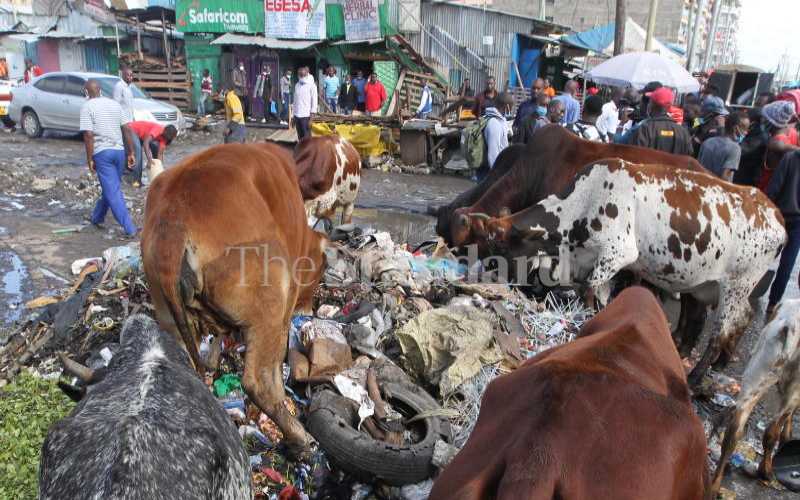“Without doubt, AfCFTA could be considered as the game changer for the post COVID-19 economic recovery and transformation of Ghana, if we as a country can harness the numerous benefits of the agreement,” the minister said. To harness the benefits of AfCFTA, he said the government complemented the ongoing industrial transformation agenda by launching the National Export Development Strategy in 2020 to increase non-traditional export revenue to $25.3 billion by 2027. Inauguration Mr Kyerematen was speaking at the inauguration of 36 council members of the Ghana National Chamber of Commerce and Industry (GNCCI), in a speech read on his behalf by the Technical Advisor to the Minister, Mr Anthony Nyame-Baafi, on Wednesday, April 28 in Accra. The council members are expected to provide the needed support and guidance through their technical expertise and wealth of social capital to promote activities of the chamber. Private sector’s role The minister called on the private sector to spearhead the economic transformation of the country by taking full advantage of the African single continental market. He said the initiative would boost Ghanaian exports, stimulate investments and innovation, foster structural transformation, improve food security, enhance economic growth, and export diversification, and provide fresh impetus and dynamism to the economic integration of Ghana into the African market. “There are many benefits that Ghana will derive from effective implementation of the AfCFTA, including better harmonisation and coordination of trade between Ghana and other African countries,” he added. He said the government had developed a National AfCFTA Policy...
AfCFTA to lead country’s post COVID-19 economic recovery
Posted on: May 5, 2021
Posted on: May 5, 2021

